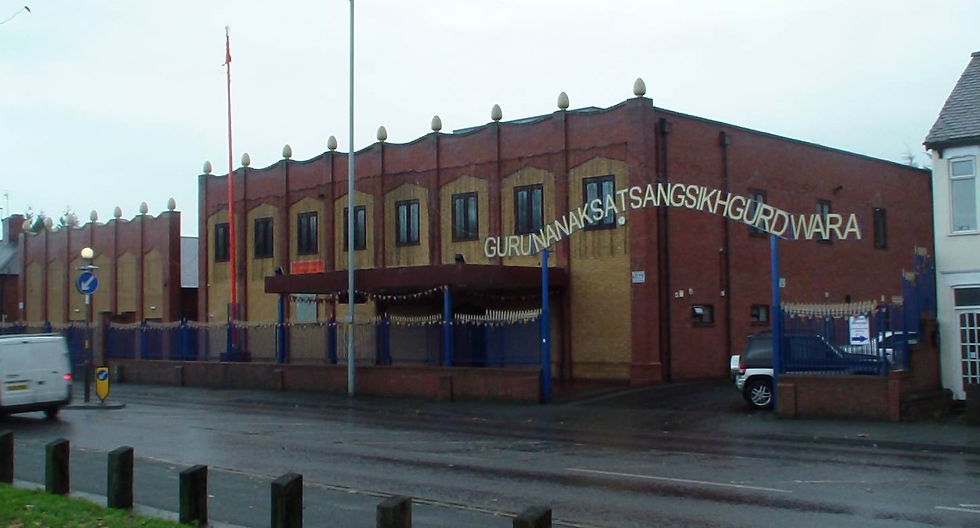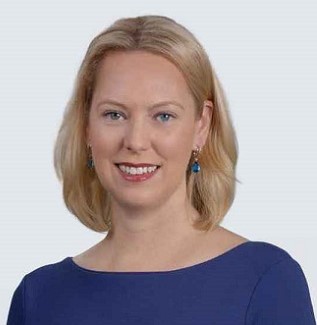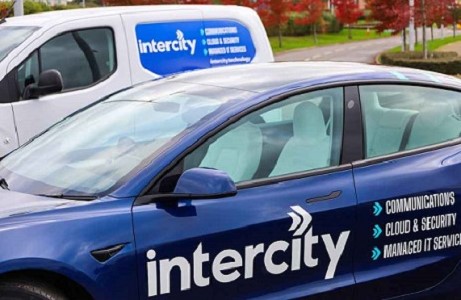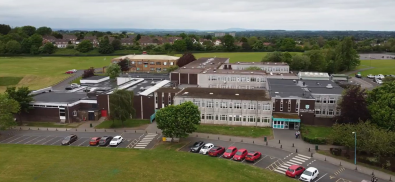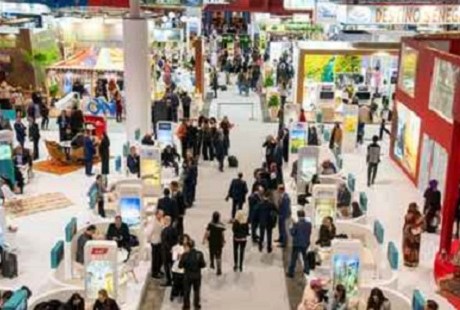What started as a tiny Sikh community in Wolverhampton in the 1950s has become one of the fastest growing in the UK.
Members of the Ravidassia community said that it will be seen as a generational opportunity to build a new temple in the West Midlands city, for a faith group that was considered a sect within Sikhism prior to 2009.
The city has one of its largest congregations in the UK and an increase in worshippers means that the Shri Guru Ravidass Temple on Dudley Road will be demolished next year. It will be replaced with the new temple where more than 1,200 people can pray.
The temple's general secretary, Baldev Mahay, said: "We're standing in the first Guru Ravidass Ji temple in the world.
"But the new generation want new facilities, new technologies, they want everything here.” Money is being raised to build the new temple which could cost more than £3m, members of the temple committee said.
The plans include roof domes, a large prayer hall and facilities for families. A kitchen and community space for Langar, a communal meal shared by all, is also included in the project.
In the late 1950s, a small group of followers arrived in Wolverhampton from the Indian subcontinent determined to create a new identity - they were looking for equality and an end to caste discrimination. It was a movement that was consolidated after the India partition in 1947.
They initially went door-to-door raising money to fund a new temple and years later, they opened the existing temple on Dudley Road. The Ravidassia faith has seen astonishing growth in the West Midlands in recent years, partly due to an increase in immigration from India.
In the 2021 census, just under 20,400 Wolverhampton residents said they were born in India, up from 15,000 in 2011. Dr Opinderjit Takhar, associate professor of Sikh Studies at the University of Wolverhampton, said the 2011 census was a huge turning point.
She said around 11,000 Ravidassia ticked the 'other' box during the census because none of the faith labels, including Sikhism, depicted how they identified. "This is important in how the community moves forward, especially for the younger generation, who become vital in addressing how to do things differently," she said.
"What worked 20 years ago doesn't necessarily work in the community today." Dr Takhar said Wolverhampton was a "very vibrant, multi faith city in the truest sense".
"Addressing the needs of the younger generation is very important, especially in a faith that is still growing so having a setting in which they can appreciate that community is very important," she said. Guru Ravidass, a 14th century guru who preached caste and class equality, has a global following estimated at between two and five million people in 2023.
Mr Mahay said their faith was distinctive but in harmony with traditional Sikhism. "There is no tension of any sort, we practice what our Guru told us," he said.
"We respect all religions but our own identity is our own identity, we are the indigenous people of India. It's very important that when young people come here, they realise who they are."
During Diwali, the Ravidassia temple attracted between 3,000 and 4,000 worshippers which reinforced the committee's belief that the rebuild must come sooner, not later. It's a view echoed by families in the area.
Sunita has three children and worships at the current temple where her parents got married. Her grandparents were involved in the opening of the original temple.
"It means such a lot," she said. "Families have grown - they are third or fourth generation now.
"After Covid, more and more people came to worship here. We've needed a new temple for a long time," she said.



